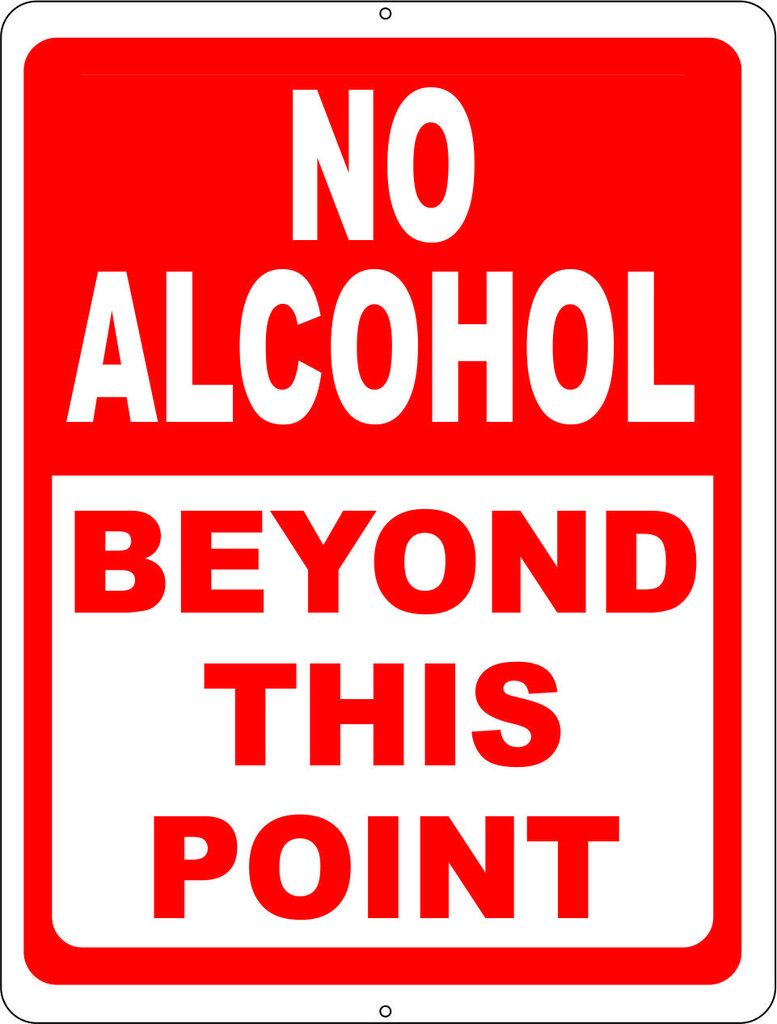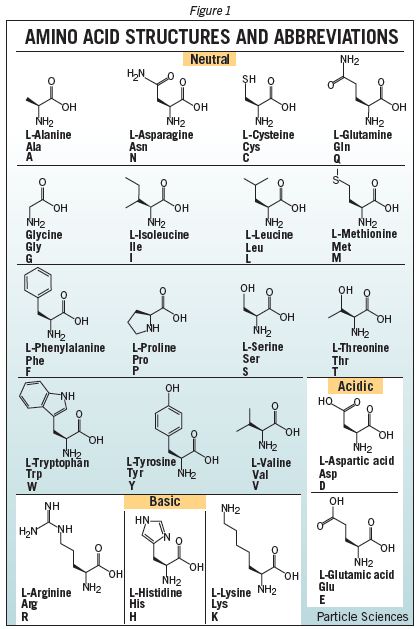 My previous post discussed the $100 million government study on “moderate” alcohol consumption that the alcohol industry was furtively funding and designing to give favorable results, a study that fortunately was scuttled after the New York Times exposed the scandal. One of the comments to my post (thanks, “Last Lemming”!) pointed to an important 2018 publication from just a few days ago in the major medical journal, The Lancet, which combined hundreds of studies and conducted massive analysis to determine the mathematically optimum amount of daily alcohol one should consume. The answer: ZERO. Not one ounce, not half a glass of wine, not even a teaspoon, but zero.
My previous post discussed the $100 million government study on “moderate” alcohol consumption that the alcohol industry was furtively funding and designing to give favorable results, a study that fortunately was scuttled after the New York Times exposed the scandal. One of the comments to my post (thanks, “Last Lemming”!) pointed to an important 2018 publication from just a few days ago in the major medical journal, The Lancet, which combined hundreds of studies and conducted massive analysis to determine the mathematically optimum amount of daily alcohol one should consume. The answer: ZERO. Not one ounce, not half a glass of wine, not even a teaspoon, but zero.
The study is Max G. Griswold et al. (a huge list is buried in that “et al.”), “Alcohol use and burden for 195 countries and territories, 1990–2016: a systematic analysis for the Global Burden of Disease Study 2016,” The Lancet, August 23, 2018, https://doi.org/10.1016/S0140-6736(18)31310-2. Here is the summary:
Background
Alcohol use is a leading risk factor for death and disability, but its overall association with health remains complex given the possible protective effects of moderate alcohol consumption on some conditions. With our comprehensive approach to health accounting within the Global Burden of Diseases, Injuries, and Risk Factors Study 2016, we generated improved estimates of alcohol use and alcohol-attributable deaths and disability-adjusted life-years (DALYs) for 195 locations from 1990 to 2016, for both sexes and for 5-year age groups between the ages of 15 years and 95 years and older.
Methods
Using 694 data sources of individual and population-level alcohol consumption, along with 592 prospective and retrospective studies on the risk of alcohol use, we produced estimates of the prevalence of current drinking, abstention, the distribution of alcohol consumption among current drinkers in standard drinks daily (defined as 10 g of pure ethyl alcohol), and alcohol-attributable deaths and DALYs. We made several methodological improvements compared with previous estimates: first, we adjusted alcohol sales estimates to take into account tourist and unrecorded consumption; second, we did a new meta-analysis of relative risks for 23 health outcomes associated with alcohol use; and third, we developed a new method to quantify the level of alcohol consumption that minimises the overall risk to individual health.
Findings
Globally, alcohol use was the seventh leading risk factor for both deaths and DALYs in 2016, accounting for 2·2% (95% uncertainty interval [UI] 1·5–3·0) of age-standardised female deaths and 6·8% (5·8–8·0) of age-standardised male deaths. Among the population aged 15–49 years, alcohol use was the leading risk factor globally in 2016, with 3·8% (95% UI 3·2–4·3) of female deaths and 12·2% (10·8–13·6) of male deaths attributable to alcohol use. For the population aged 15–49 years, female attributable DALYs were 2·3% (95% UI 2·0–2·6) and male attributable DALYs were 8·9% (7·8–9·9). The three leading causes of attributable deaths in this age group were tuberculosis (1·4% [95% UI 1·0–1·7] of total deaths), road injuries (1·2% [0·7–1·9]), and self-harm (1·1% [0·6–1·5]). For populations aged 50 years and older, cancers accounted for a large proportion of total alcohol-attributable deaths in 2016, constituting 27·1% (95% UI 21·2–33·3) of total alcohol-attributable female deaths and 18·9% (15·3–22·6) of male deaths. The level of alcohol consumption that minimised harm across health outcomes was zero (95% UI 0·0–0·8) standard drinks per week.
Interpretation
Alcohol use is a leading risk factor for global disease burden and causes substantial health loss. We found that the risk of all-cause mortality, and of cancers specifically, rises with increasing levels of consumption, and the level of consumption that minimises health loss is zero. These results suggest that alcohol control policies might need to be revised worldwide, refocusing on efforts to lower overall population-level consumption.
So much for the myth of healthy moderate alcohol consumption. If it’s health you want, don’t touch the stuff at all. If you do choose to drink, please don’t repeat the myth that you are just drinking a healthy amount. The healthy amount is zero. Anything above that can be expected to bring net harm to your health. Don’t mislead others with the bad science of the past. Of course, you may not experience any ill effects, just like some smokers manage to live surprisingly long. Health consequences are statistical matters with huge variance. But the expectation, based on extensive data, is that any alcohol increases the risk of overall harm. The healthy choice is zero.
A serious amount of education is needed now to reverse the decades of bad science that have given us the myth that a little alcohol is a healthy choice. A little alcohol is healthy in the same way that a little tobacco smoke is healthy since both have the same optimum level. Zero. Now get out there and let people know!
Update, Sept. 4, 2018: An associated article at The Lancet is “No level of alcohol consumption improves health” by Robyn Burton and Nick Sheron, also published on Aug. 23, 2018. This discusses the Global Burden of Disease 2016 study and explains that it is “most comprehensive estimate of the global burden of alcohol use to date.” The study reveals that alcohol’s impact is significantly greater than previously recognized. In fact, it is “a colossal global health issue.”
The conclusions of the study are clear and unambiguous: alcohol is a colossal global health issue and small reductions in health-related harms at low levels of alcohol intake are outweighed by the increased risk of other health-related harms, including cancer. There is strong support here for the guideline published by the Chief Medical Officer of the UK who found that there is “no safe level of alcohol consumption”. The findings have further ramifications for public health policy, and suggest that policies that operate by decreasing population-level consumption should be prioritised.
For your convenience in sharing this information, I’ve prepared two TinyUrl.com shortcuts for the two links at The Lancet. The shortcut to the study itself is https://tinyurl.com/liquorbad and a shortcut to the brief associated article is https://tinyurl.com/boozebad.
Speaking of shortcuts, this blog can be reached via https://tinyurl.com/mormanity or just Mormanity.com. Oh, that’s right — I was finally able to use my Mormanity trademark to require a serial cybersquatter to relinquish Mormanity.com, so that domain is no longer serving up objectionable ads, but now redirects to my blog here. Have plans to develop it as a standalone site, and your suggestions for improvements are welcome.












This comment has been removed by a blog administrator.
As a scientist who does research in the broader health and healthcare field, I can offer additional critiques. First, this study doesn't provide a definitive answer about whether or not alcohol is good or bad. It is a meta-analysis and so is dependent on the quality (good or bad) of research from the past. That "bad science" is part of this research. There are statistical controls the authors implemented to correct for research quality but it's not a perfect process and they likely didn't adjust for everything they could have. Meta-analyses depend on the sampling and samples from past research. If that was good, we can be more confident with results but I've learned sampling plays a huge role in any clinical human research. Meta-analyses also depend on the number of studies assessing a particular relationship. There are many past studies looking at alcohol and breast cancer or alcohol and ischemic heart disease or alcohol and diabetes but fewer looking at links between alcohol and other diseases. Again, statistical methods can account for this to some degree but it's not perfect.
I'm not arguing for alcohol consumption (I'm a member of The Church of Jesus Christ of Latter-day Saints and in a position of local church leadership) but the study shows 1 drink per day has only marginally increased risks associated with it (see Figure 5 in the article). The real problem starts between 1-2 drinks per day (2 is an average for those who drink so typical drinkers are already over the limit). In all fairness, the call doesn't need to be for alcohol abstinence but for 1 or fewer drinks per day with zero being preferred (that's a subtle wording difference). That is an average and so it's likely as long as someone doesn't consume more than an average of 1 unit of alcohol per day (1 unit is defined in the methods but is also clarified in this Q&A: https://newsroom.uw.edu/postscript/q-global-burden-disease-alcohol-study), they are likely not at an appreciably increased risk of negative outcomes. Whether or not this could be done as binging (i.e., 7 drinks on one day with abstinence the rest of the week) or needs to be spread out is unclear but there's a huge behavioral difference between someone being drunk and someone having a slight buzz from one drink. I'd conjecture binging stresses organs more than spreading it out over time. Plus, binging would lead to more impaired decisions that could directly affect health and mortality (e.g., risk-taking behaviors).
[The rest of my comment will be posted separately to fit within character guidelines].
[Part 2].
As you pointed out, there doesn't seem to be health benefits to alcohol consumption on the whole: "Although we found some protective effects for ischaemic heart disease and diabetes among women, these effects were offset when overall health risks were considered—especially because of the strong association between alcohol consumption and the risk of cancer, injuries, and communicable disease". That statement is the authors being conservative. It appears some drinking mildly reduces ischemic heart disease and diabetes in men, the effects are not as strong as in women. Further, men tend to drink more and so they are more likely to move beyond the potential marginal health benefits for those two conditions and into the harmful range. The point is that although there could be some heart and diabetes-related health benefits of moderate drinking, overall drinking is not beneficial (reduces some risks and increases others). That's why the overall message downplays those findings.
This is, however, a nuanced understanding; targeting zero alcohol consumption is the more direct and safer public health message even if the research suggests up to 1 drink per day isn't particularly risky. I've long argued privately that alcohol consumption is one of the leading health issues around the world, which this study indicates. Additionally, governments or health insurers or other interested parties should provide heavy disincentives to consumption. Is that complete prohibition? Maybe. In the commentary article you linked to is an approach that could work: "The most effective and cost-effective means to reduce alcohol-related harms are to reduce affordability through taxation or price regulation, including setting a minimum price per unit (MUP), closely followed by marketing regulation, and restrictions on the physical availability of alcohol." Yes, it's a sin tax but it would be effective at reducing consumption with the benefit of improving health and saving lives.